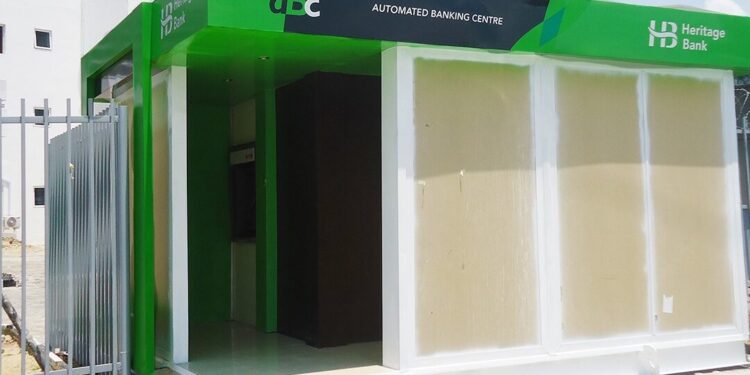The Nigeria Deposit Insurance Corporation (NDIC) has initiated the liquidation process of Heritage Bank Plc, following the revocation of its banking license by the Central Bank of Nigeria (CBN). In a statement released by Bashir Nuhu, the Director of Communication and Public Affairs at NDIC, reassurance was provided to depositors that insured deposits up to N5 million would be promptly paid.
The liquidation process, in accordance with Section 55 Sub-sections 1 & 2 of the NDIC Act 2023, involves immediate verification and payment of insured deposits to the bank’s depositors. Depositors with alternative accounts within the banking industry will receive payments up to the insured amount of N5 million per depositor using their Bank Verification Number (BVN) to locate their alternate accounts. Those with funds exceeding N5 million will be paid liquidation dividends upon the realization of the bank’s assets and the recovery of debts owed to the bank.
Depositors without alternate bank accounts in the industry are advised to visit the nearest branch of Heritage Bank with proof of account ownership and verifiable means of identification to facilitate the verification and payment process. Additionally, creditors are encouraged to file their claims through the nearest branch of the bank or via the online platform. The repayment process for debtors who are yet to complete their loan repayment has also been outlined, urging them to contact the Corporation’s Asset Management Department (AMD) for further guidance.
NDIC reiterated its commitment to safeguarding depositors’ funds in all licensed banks, assuring the public of the continued safety of their funds. Banks whose licenses have not been revoked remain secure, allowing depositors to conduct their banking transactions without fear.
The decision to revoke Heritage Bank’s license by the CBN was based on the bank’s persistent failure to improve its financial performance despite regulatory interventions, posing a threat to financial stability. NDIC’s role in overseeing banks is to protect depositors, ensure monetary stability, promote an efficient payment system, and foster competition and innovation in the banking sector.
























